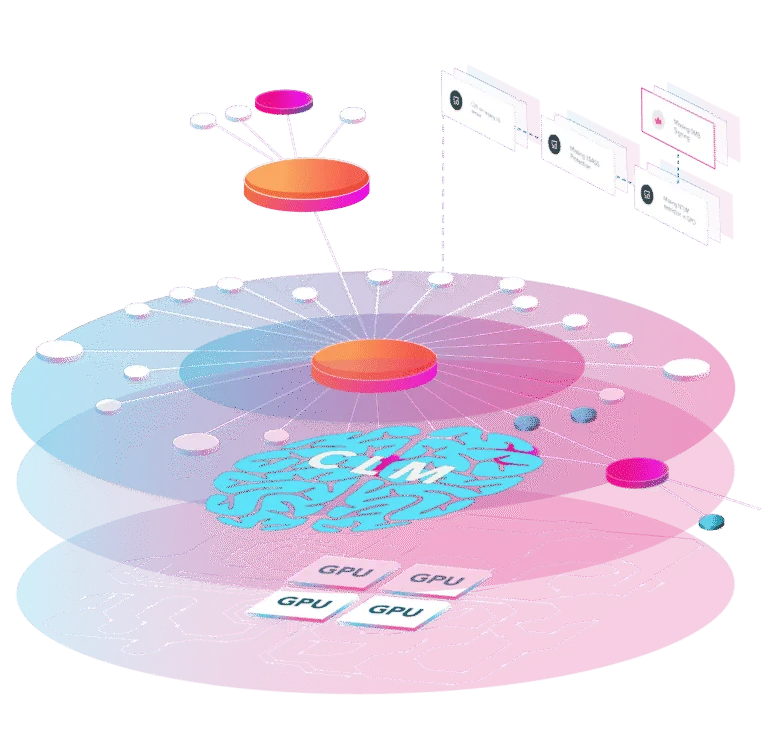Dream unveils its AI Cyber Factory, leveraging NVIDIA Enterprise AI Factory validated design and NVIDIA NIM microservices to provide adaptive, secure, and autonomous cybersecurity for national infrastructure.

Dream unveils its AI Cyber Factory, leveraging NVIDIA Enterprise AI Factory validated design and NVIDIA NIM microservices to provide adaptive, secure, and autonomous cybersecurity for national infrastructure.

Dream develops AI cybersecurity systems designed to safeguard national infrastructure and government networks against rapidly evolving cyber risks. Traditional security tools offer fragmented visibility and rely on manual processes, leaving defenders at a disadvantage against sophisticated adversaries. Dream’s approach is fundamentally autonomous: a platform that continuously monitors, interprets, and responds to cyber signals in real time, moving beyond dashboards to active defense.
National-scale infrastructure is inherently complex, with hybrid and on-prem environments, diverse technologies, and limited unified visibility. Hostile actors exploit these gaps with speed and precision, while operators are constrained by legacy systems and siloed data. Recognizing that cybersecurity is fundamentally a language problem, where logs, configurations, commands, and alerts are all forms of text, Dream has built models specifically trained on this data, leveraging the NVIDIA Enterprise AI Factory validated design to scale these solutions.
Dream Computing Services (DCS) deploys on-premises or in private clouds, acting as a central hub for all protected organizations, each with unique network structures and technologies. The Dream AI Factory is engineered for both local adaptation and global improvement:
• The Discovery App is deployed within each organization to scan networks, map assets, and collect configuration and data.
• An agent orchestrator aggregates this data, which is then processed by Dream’s Cyber Language Model (CLM) to classify assets by role, exposure, and business impact.
• Classifications are escalated to an autonomous labeling pipeline utilizing a cascade of open-source models (LLaMA 3.3, LLaMA 4, Qwen 72B), inferenced via NVIDIA NIM microservices for scalable, reliable deployment.
• Labeled data is sent to a national-level training factory, where Dream trains LoRA adapters tailored to each organization using distributed GPU infrastructure. This process also feeds improvements into the global model, creating a virtuous cycle of continuous learning and performance enhancement.
Dream’s platform operates on NVIDIA accelerated computing infrastructure , following NVIDIA’s validated design for secure, scalable deployment across cloud, hybrid, and on-premises environments. NIM microservices enable efficient model serving, while NVIDIA NeMo microservices lay the groundwork for future capabilities in safety, retrieval-augmented generation (RAG), and autonomous agent workflows. This architecture delivers the flexibility, performance, and control required for national-scale operations.
Dream is enabling nations to build sovereign cyber-AI systems, solutions that learn from local data, train securely on national infrastructure, and scale seamlessly across diverse environments. Working with NVIDIA, Dream is closing the threat-response gap with adaptive, continuously improving AI defense.
By clicking Subscribe, I agree to the use of my personal data in accordance with Dream security Privacy Policy. Dream security will not sell, trade, lease, or rent your personal data to third parties. This site is protected by reCAPTCHA and the Google Privacy Policy and Terms of Service apply.